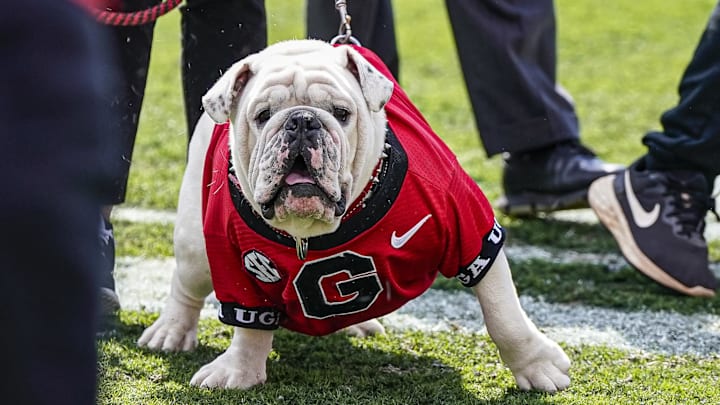Georgia Athletics to Make Over $1,300,000 in Alcohol Revenue

Schools around the nation are doing everything they can to unlock new revenue streams for their athletic programs.
The highly publicized proposed settlement in the House v. NCAA case outlines a NIL revenue-sharing system where, for the first time, athletes will be directly compensated by their institutions — this comes at an estimated $22,000,000 annual price tag for schools in the NCAA’s most prestigious conferences.
With opportune timing, the University of Georgia Athletic Association approved alcohol sales for the 2024 football season inside Georgia’s Sanford Stadium this February.
The sale of alcohol within college stadiums has become quite commonplace, as few schools in the Power 4 do not offer in-stadium alcohol at some capacity. Just this year, two Big Ten schools, Wisconsin and Michigan, similarly removed restrictions on in-person beer sales. Georgia now joins fellow SEC schools in selling beer after a conference-wide moratorium was lifted in 2019. Auburn remains the one SEC holdout for alcohol sales at football games; however, that could soon change as they recently allowed alcohol at basketball games, a gradual trajectory most schools have employed.
According to projections from the University of Georgia, the athletic department intends to sell roughly 45,000 beers per home game and forecasts that it will generate over $1,300,000 in revenue from alcohol sales at all athletic venues. While this number truly pales in comparison to the upcoming $22,000,000 expenditure for athletic services, it is a solid start.
There remains an advantage for schools that have remained steadfast in restricting alcohol sales. Without previously exploiting this revenue stream, these universities have one more untapped funding source to help balance their ledger.
Schools across the country are aggressively monetizing new avenues like on-field sponsorships and coaching headset partnerships and are even exploring selling the naming rights of conferences.
For Georgia, Wisconsin, and Michigan, who just this year began selling alcohol, and Power 4 schools like Auburn, Nebraska, and Northwestern, which currently do not sell in-stadium booze, their respective athletic departments can ensure that alcohol revenues can be directed toward the new expenditure of NIL revenue sharing.
